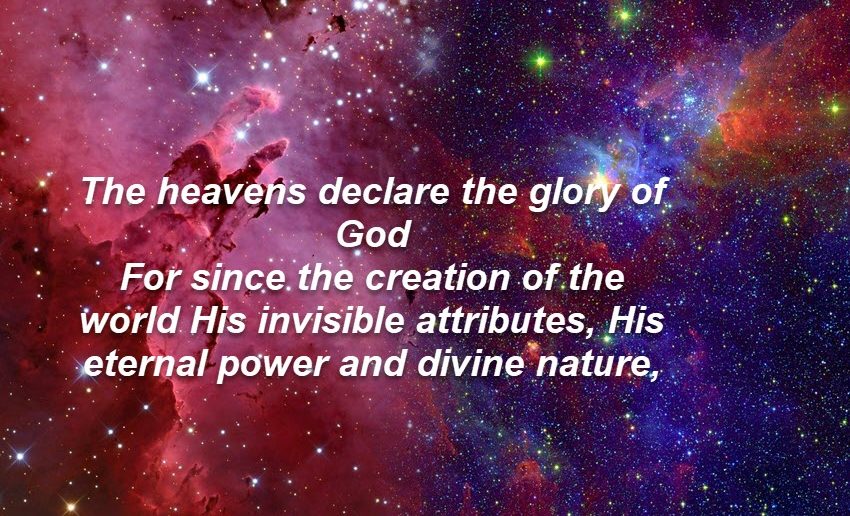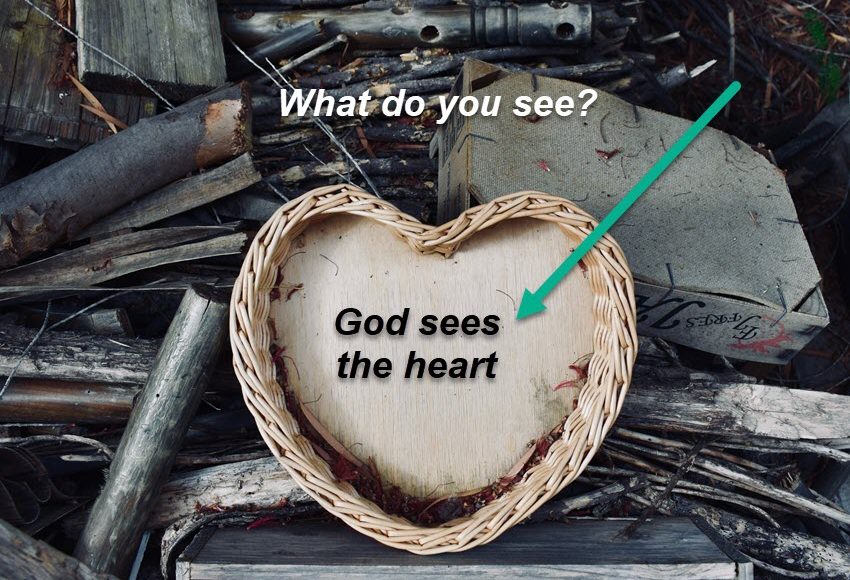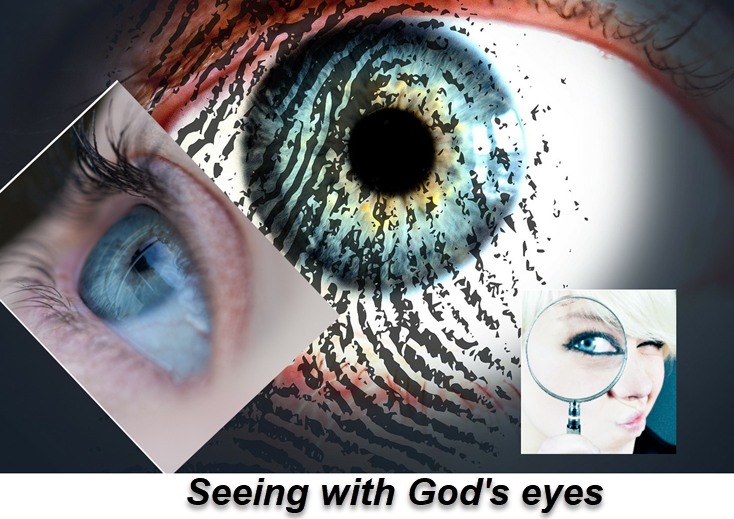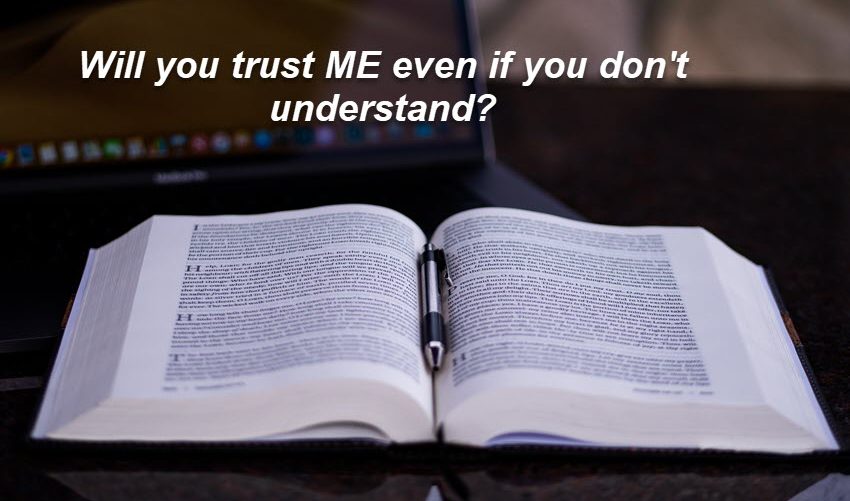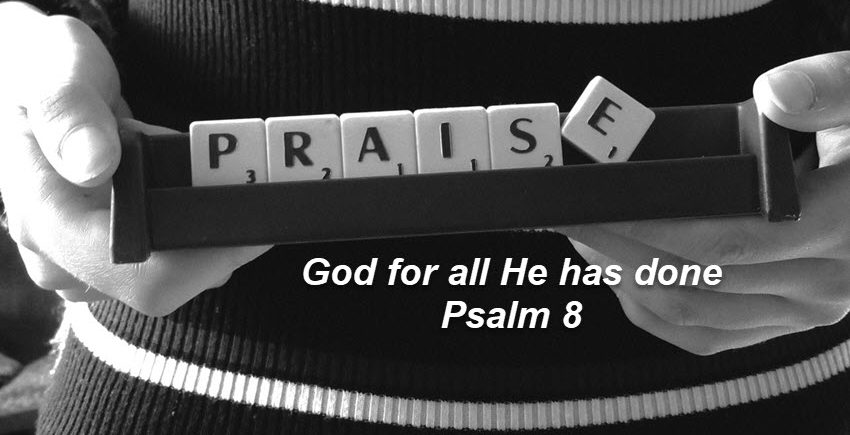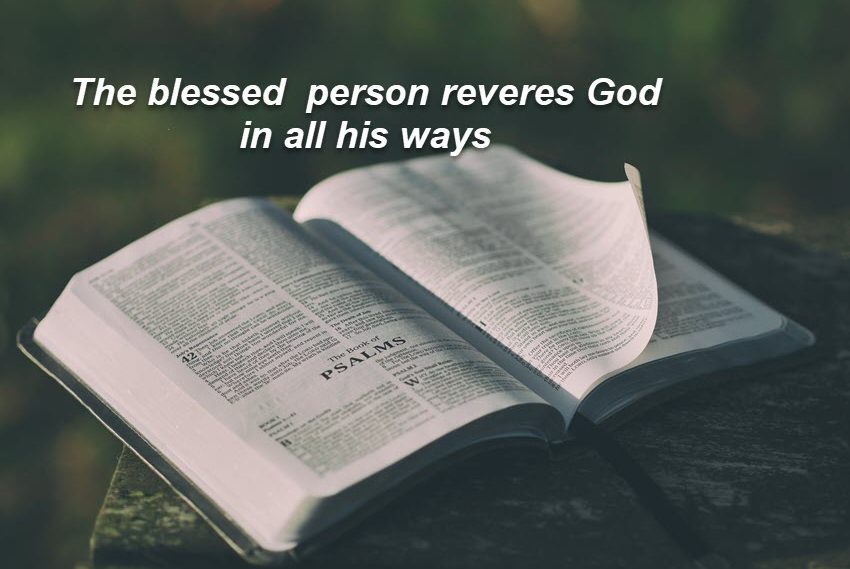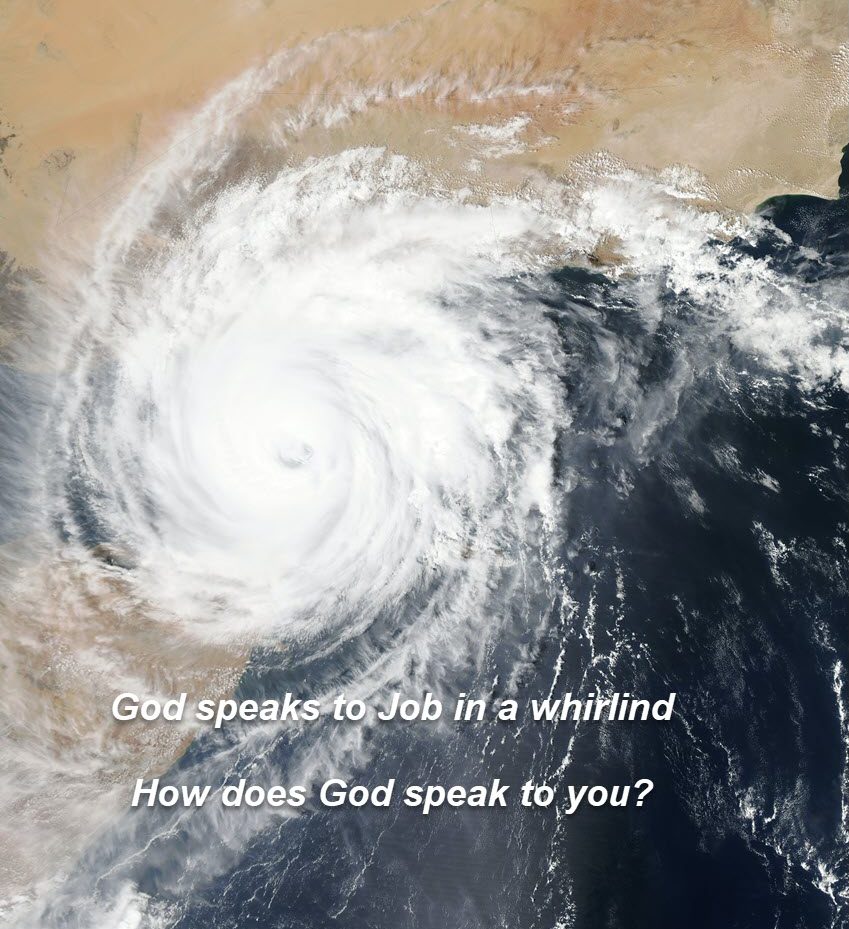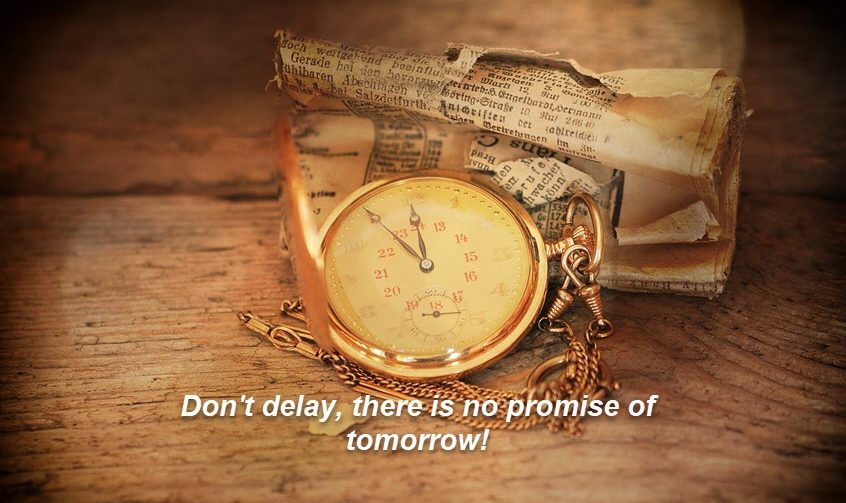Is your light under a bushel?
Ps 22 & Ps 78 The psalmist says we are to tell the next generation about the Lord and his saving deeds and what he has accomplished. We can’t pass that job off onto the preacher or the missionary because the psalmist says, “we” will tell. Jesus said to “go and tell.” How many of […]


